#Golf
2015 Volkswagen GTI Long-Term Update: 10,150 Miles of Fun
As my personal GTI is powered by gasoline, you might think this will be the first Volkswagen story you have read in the past three months that doesn’t mention Dieselgate.
You’d be wrong.
VW May Freeze Promotions, Cost Cut Next Golf Amid Scandal
German business magazine Manager Magazin reported Saturday (via Reuters) that managerial promotions may be frozen beginning next year as the company looks to save money wherever it can amid the diesel scandal.
The company may also re-use as many parts possible when developing the eighth-generation Volkswagen Golf in order to cut costs.
Auction Prices for Volkswagen Diesels Are Dropping
According to Kelley Blue Book, auction prices for Volkswagen’s diesels cars are dropping faster than similar models that are powered by gasoline.
According to auction data gathered before and after news broke that Volkswagen had admitted to federal investigators that their cars illegally polluted, prices for Volkswagen diesel cars dropped 16 percent. Prices for Volkswagen gasoline cars only dipped 2.9 percent over the same period.
According to the car industry site, interest on the Volkswagen diesel models has only declined 2.4 percent.
Volkswagen Bringing Next-generation Golf Cabrio to US
Volkswagen will bring the next-generatrion Golf Cabrio to the U.S., the first time since 2002, Car and Driver reported.
The next-generation convertible will be based on the Mark VII Golf and arrive sometime in 2017, according to the report. The Golf Cabrio fill the gap left by the Eos when that ends production — eventually.
The Golf Cabrio has been on sale in other markets, but has been absent from the U.S. lineup for more than a decade. The Golf Cabrio can be equipped with four different gasoline engines and two different diesel options worldwide, although the diesel option probably won’t be making an appearance.
Volkswagen Spends Its Money On The Wrong Things
There has been a lot of coverage recently devoted to that scandal where Volkswagen revealed that its vehicles have been polluting like a chemical company that dumps out its waste in poor neighborhoods late at night.
But this scandal seems to have taken our eye off the Volkswagen ball. I say this because the whole “cheating on diesel” thing is not Volkswagen’s only issue. It is merely one of a myriad of problems that has launched the brand into the mediocre, also-ran position where they find themselves in America today. And right now, I’m here to remind you of the largest of these problems: that they spend their money on absolutely the wrong things.
Volkswagen Says EVs 'Key Part' of Its Future (If History Doesn't Repeat Itself)
A Volkswagen of America spokesman said Tuesday that electric, plug-in hybrid and hybrid cars would be a “key part” of the automaker’s research and development strategy after CEO Matthias Müller told 20,000 workers in Wolfsburg that it would postpone or cancel other projects that weren’t critical to sales.
“Electrification, whether full EV, PHEV, or HEV, is a key part of our strategy long term in order to meet worldwide (greenhouse gas) targets,” a Volkswagen spokesman told TTAC on Tuesday.
In 2014, Volkswagen spent $13.5 billion on research and development — more than any other company in all sectors. However, that budget could be severely restricted as the automaker prepares to pay billions for software that cheated emissions tests.
Volkswagen could be looking for ways to not repeat history, when a 1960s lawsuit from Tatra crippled development well into the 1980s.
Here's What It Might Cost To Fix Each 2.0 TDI Volkswagen
In all reality, Volkswagen probably won’t pay $37,500 for each car that cheated its way through U.S. emissions standards, but the German automaker will probably pay thousands for each car to fit a device that would clean up their acts.
The presumed fix would come by retrofitting a Selective Catalytic Reduction (Adblue or urea) system although that wouldn’t be the only fix necessary. Researchers discovered that the Passat TDI that they tested, fitted with the SCR system, was 5 to 20 times over the NO limit — less than the 10 to 40 times by the lean NO filter cars, but still illegal.
The long list of items needed to fit models of the Volkswagen Golf, Jetta, Beetle and Audi A3 doesn’t include the engineering needed to retrofit the cars and the costs to crash test the models after the significant modifications. That’ll add hundreds of millions to the bottom line.
VW, Audi in Canada Halting Sales of TDI Cars Following US Inquiry
Volkswagen in Canada will suspend sales of its Volkswagen Passat, Golf, Jetta, Beetle and Audi A3 cars after the U.S. Environmental Protection Agency announced the engines in those cars had an illegal device that “cheated” emissions tests.
“We will work with our colleagues at Volkswagen of America as well as our parent company in Germany to resolve this matter in the most timely fashion,” Volkswagen Canada spokesman Thomas Tetzlaff said in a statement.
Audi Canada has also issued a stop-sale of the Audi A3 TDI, stated Audi Canada spokesman Cort Nielson. No details were available regarding Audi’s plan for continued availability of the A3 TDI.
VW hasn’t announced a timeline for fixing its cars and resuming sales. Over the weekend, VW’s CEO Martin Winterkorn apologized for the scandal.
Ask Bark: Should I Lease a Jetta?
This week’s “Ask Bark” comes from a reader who wants to know if he should prolong his Volkswagen-related madness or start new Volkswagen-related madness.
Bark,
I have read your articles. I like your style. I know about the fact people ask you for advice on what car to get and then completely ignore it. You’ve said you won’t respond to that question anymore. I’m about to ask the same question. (WHY GOD WHY??? — Bark) But I really do want your answer.
Fine … here we go.
Volvo Bringing New V40, S60L to United States
Volvo will bring its smaller, compact-sized V40 wagon, its related crossover and long-wheelbase, Chinese-built S60 sedan to America, Autoblog is reporting.
The newest generation of the Volkswagen Golf-sized V40 wagon is being built with the U.S. in mind, Volvo senior vice president Alan Visser told media in the Netherlands. The earliest it could reach the United States would be 2017.
Visser also said the XC40, a compact crossover based on the V40 Cross Country, would make its way to the States shortly after the V40.
Volkswagen Bringing Safety To The People For 2016
Volkswagen has announced sweeping changes to their suite of tech-driven safety features for the 2016 model year, making a vast array of options available on almost every model within its range.
The features, which are currently only available on the Touareg, will trickle down to a number of other models including the Beetle, CC, Jetta, Passat and Golf in all its flavors.
2015 Volkswagen Golf Sportwagen TDI Review - Hold Right There
Great. Another diesel Volkswagen. This time it’s the Golf SportWagen — a car every enthusiast said, “I’d buy that with real, non-Internet money.”
We all know exactly how this is going to go:
- The Golf is better than the Jetta.
- The Golf SportWagen is better than the 5-door Golf if you have two kids and a dog.
- The 1.8 TSI is more fun than the 2.0 TDI.
- The 2.0 TDI is more efficient than the 1.8 TSI, but not enough to justify the increased MSRP when fuel prices are low.
- You should get the manual if you can.
- Stop buying Tiguans and get the Golf SportWagen instead. (Never mind. Nobody’s buying Tiguans.)
- You should also buy this if you care about manuals and wagons and diesels, especially as a package. (Brown is for Luddites.)
It’s with these points in mind I plunged into a week-long test of the Volkswagen Golf SportWagen — just a mere two weeks after driving the Jetta TDI.
And as much as I like it — really, really like it — the long-roof Golf is hard to justify for exactly two reasons.
2015 Volkswagen Beetle 1.8T Review (With Video)
Once upon a time, Volkswagen’s iconic Beetle sold primarily on its low sticker price, durability reputation and ease of maintenance. VW’s new Bug, however, sells on retro style and a healthy dollop of nostalgia.
The Bug before us today is the second generation “New Beetle” first resurrected in Europe as a 1998 model based on VW’s Golf and A3 platform. It was then redesigned for 2012, sharing its bones with the MK5 Golf and Jetta.
Redesigning retro is always tricky. This explains why the original Bug barely changed over the years and why the other retro-flashbacks like the PT Cruiser and Chevy HHR turned into one-hit wonders. If you don’t change enough, shoppers won’t see a reason to trade Herbie in for a new time capsule. Change it too much and you’re left with a caricature. Either way you slice it, retro comes at a cost.
Volkswagen Builds Race Golf for Touring Car Customer Teams
Chances are you probably won’t see this Golf in the Volkswagen showroom anytime soon. Volkswagen Motorsport rolled out its race-tuned Golf on Thursday, built to compete in the Touringcar Racer International Series.
The 2.0-liter turbocharged four, which has been tuned to 330 horsepower and 302 pound-feet of torque, is mated to a six-speed, dual-clutch automatic transmission and is front-wheel drive.
The huge rear wing, front air dam and side skirts obviously add 15 percent more go-fast.
Golf TDI Makes Lap of US on $300 of Diesel
Volkswagen’s Golf TDI traveled more than 8,200 miles around the lower 48 states on less than $300 of diesel in 16 days, the automaker said today.
The 16-day trip around the U.S. set a narrowly-defined world record for “lowest fuel consumption — 48 U.S. contiguous States non-hybrid car” by averaging 81.17 mpg in the Golf TDI. The car was driven by automotive journalist Wayne Gerdes and electronics engineer Bob Winger.
Quick math: If the duo averaged 15 hours of driving per day, the pair managed an average speed of 34.306 mph throughout the entire journey.
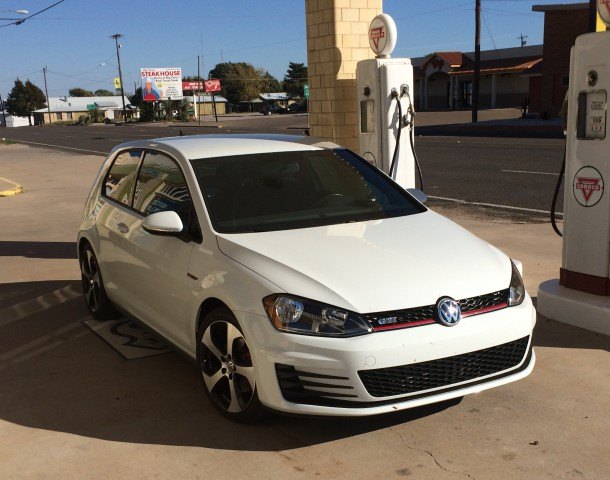

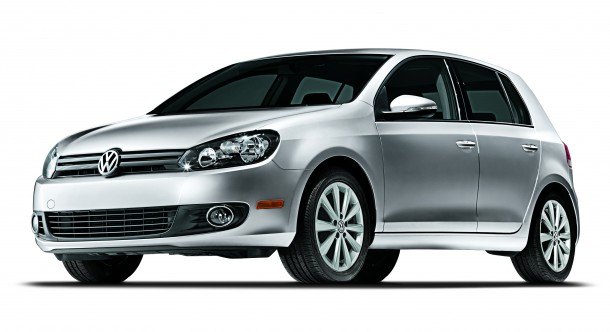
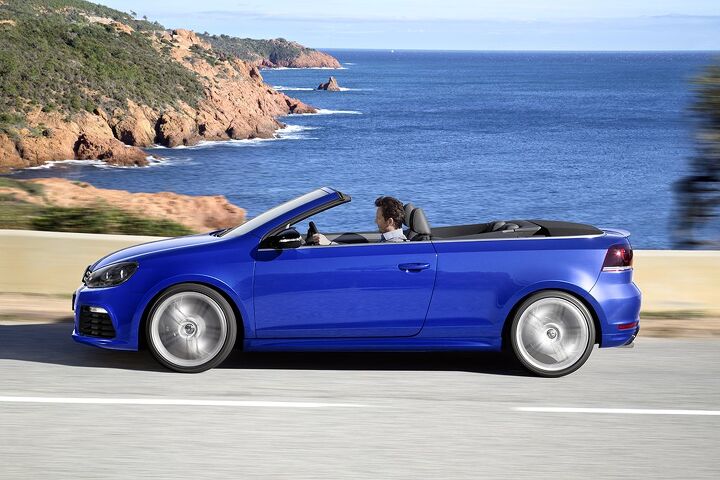

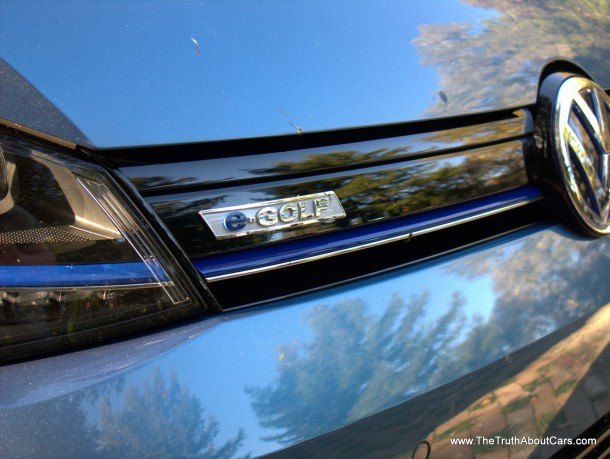

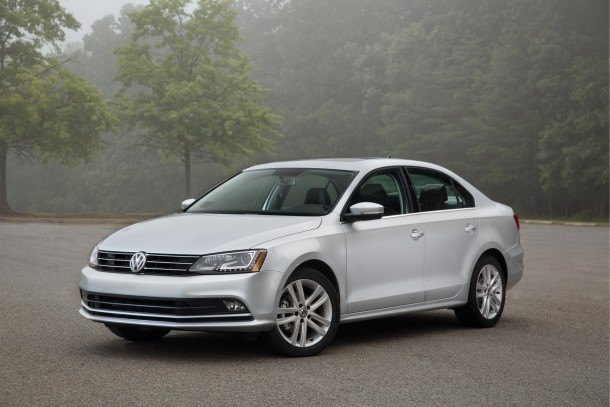
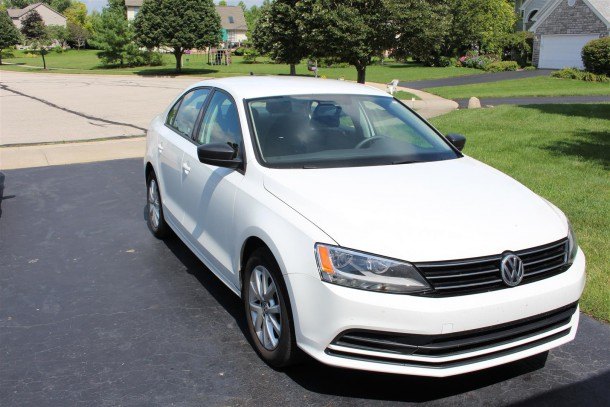
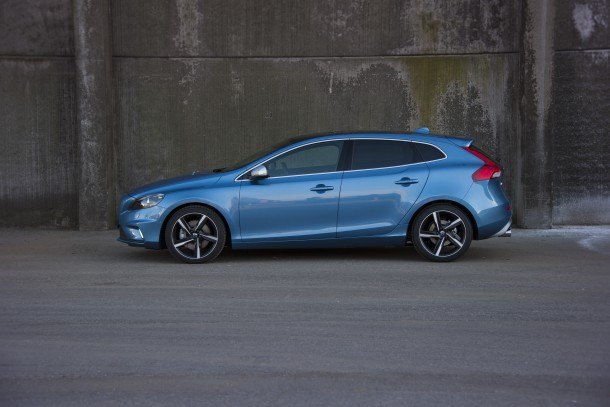
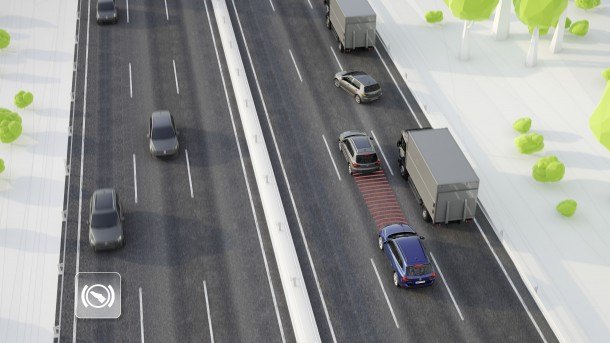
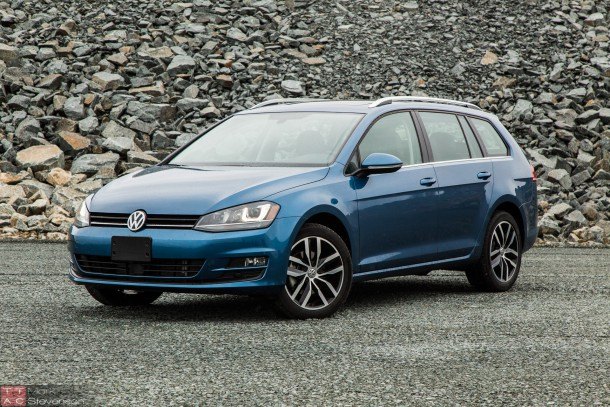
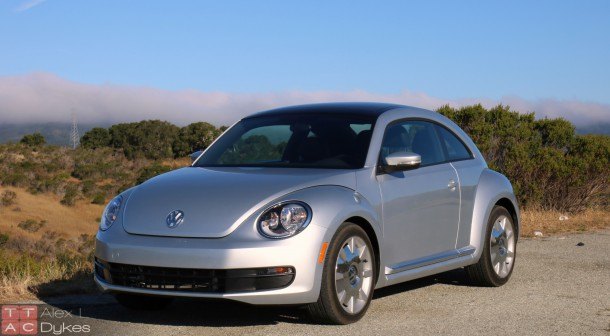
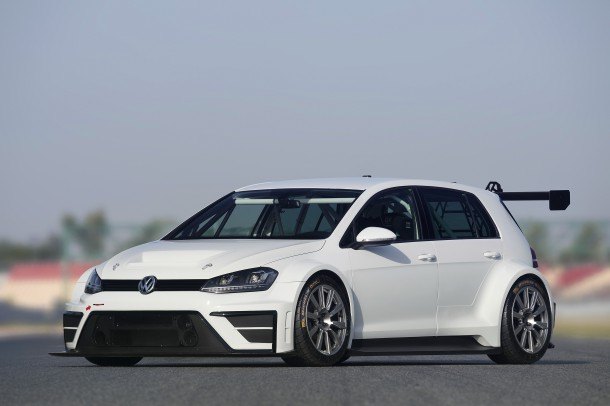
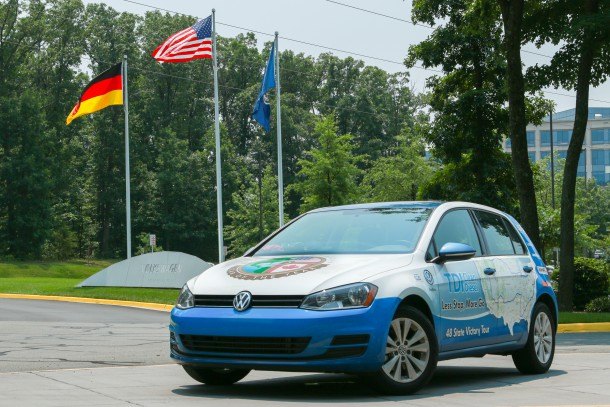












Recent Comments